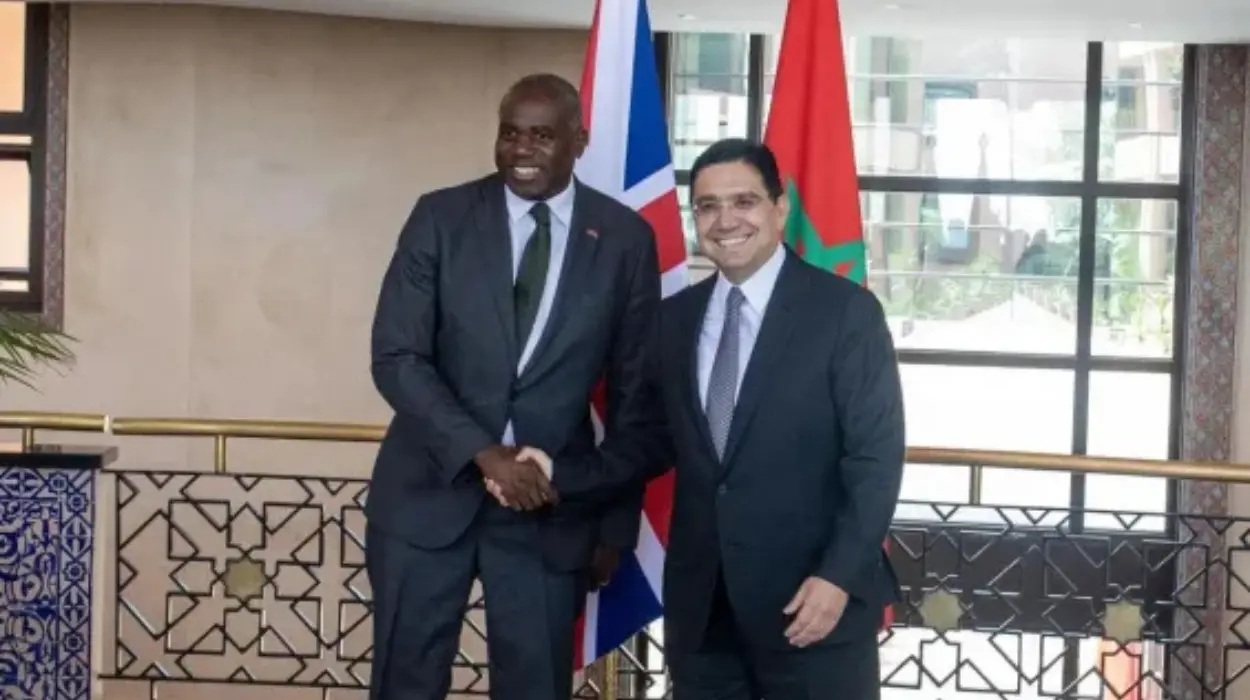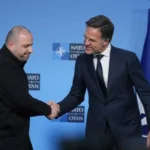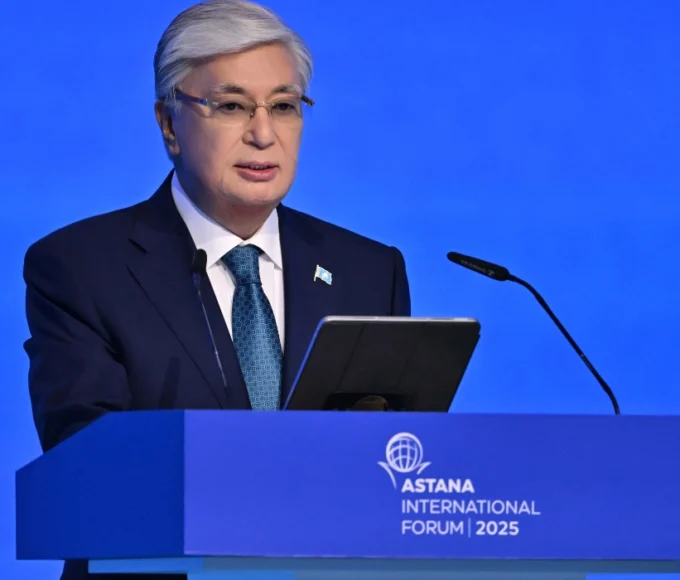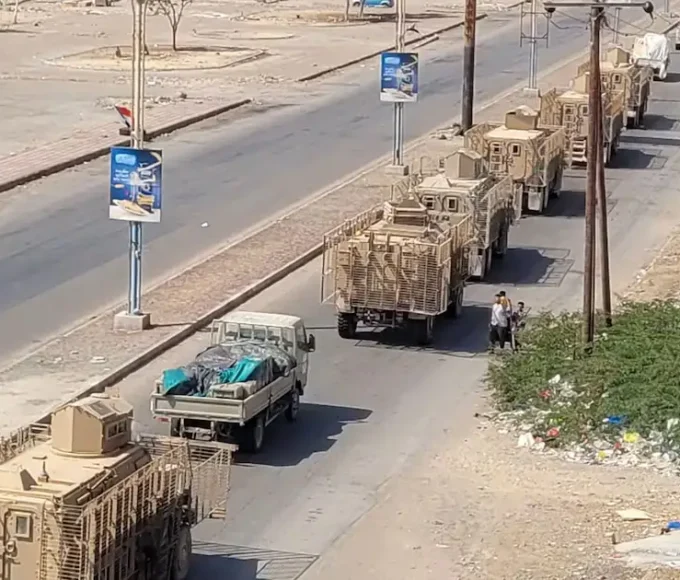The United Kingdom has officially endorsed Morocco’s autonomy plan for the disputed Western Sahara territory, marking a historic shift from its previous neutral stance. Announced by UK Foreign Secretary David Lammy during a visit to Rabat in early June 2025, this move positions the UK as the third permanent member of the UN Security Council to back Morocco’s proposal, following the United States and France. The endorsement is part of a broader strategic partnership that includes multi-billion-pound investments tied to Morocco’s role as a co-host of the 2030 FIFA World Cup, reflecting the UK’s new foreign policy approach dubbed “progressive realism.”
UK’s Endorsement of Morocco’s Autonomy Plan: A New Diplomatic Milestone
Background of the Western Sahara Dispute
Western Sahara, a mineral-rich territory of approximately 260,000 square kilometers, has been a contested region since Spain’s withdrawal in 1975. Morocco claims sovereignty over most of the territory, while the Polisario Front, backed by Algeria, advocates for Sahrawi independence. The United Nations classifies Western Sahara as a “non-self-governing territory,” with an unresolved status that has fueled conflict for nearly five decades. Despite a UN peacekeeping mission since 1991, a referendum on the region’s future remains stalled.
Details of Morocco’s Autonomy Proposal
Morocco’s autonomy plan, first presented to the UN in 2007, offers Western Sahara limited self-governance under Moroccan sovereignty. It proposes local authorities manage areas such as taxation, infrastructure, and cultural affairs, while Morocco retains control over defense and foreign relations. The plan aims to provide a pragmatic solution to the protracted conflict.
UK’s Shift in Policy
For years, the UK maintained a neutral position, supporting the principle of self-determination without endorsing any specific solution. However, Foreign Secretary David Lammy declared the autonomy plan “the most credible, viable and pragmatic foundation for a lasting resolution” of the conflict. He emphasized the urgency of resolving the dispute to enhance stability and unlock the region’s economic potential.
Lammy stated, “The time for a resolution and to move this issue forwards is long-overdue, and would strengthen the stability of North Africa and the relaunch of the bilateral dynamic and regional integration.” The UK’s new stance aligns with its role as a UN Security Council permanent member and reflects a pragmatic approach to regional peace and prosperity.
Strategic Partnership and Economic Cooperation
Multi-Billion-Pound Investment Agreements
The UK and Morocco signed a series of agreements to deepen cooperation across sectors including infrastructure, healthcare, water management, and innovation. These agreements are closely tied to Morocco’s preparations to co-host the 2030 FIFA World Cup alongside Spain and Portugal.
Key highlights include:
- A £5 billion financial facility from UK Export Finance to support infrastructure projects in Morocco.
- Opportunities for UK firms to participate in public procurement contracts estimated at around £33 billion over the next three years.
- Involvement in the £1.2 billion Casablanca Airport expansion under Morocco’s ‘Airports 2030’ program.
- A £150 million hospital project in Casablanca, incorporating UK clinical expertise and finance.
- Water and port infrastructure projects worth up to £200 million, promoting sustainable technology and green logistics.
David Lammy highlighted that these partnerships would allow “British businesses to excel on football’s grandesstage,” underscoring the economic benefits of the UK’s diplomatic shift.
“Progressive Realism”: The UK’s New Foreign Policy Approach
Foreign Secretary Lammy framed the UK’s endorsement within a broader foreign policy framework he terms “progressive realism.” This strategy seeks to balance pragmatic national interests with progressive values such as international cooperation, human rights, and multilateralism.
Lammy explained that the UK’s new stance on Western Sahara exemplifies this approach by supporting a practical solution while continuing to uphold the UN-led resolution process and the principle of self-determination. The UK commits to ongoing bilateral, regional, and international efforts to facilitate a peaceful settlement.
Reactions to the UK’s Decision
Morocco’s Response
Morocco’s Foreign Minister Nasser Bourita hailed the UK’s backing as a “groundbreaking” development that injects new momentum into resolving the decades-old conflict. He described it as a historic milestone within the 800-year relationship between the two countries and emphasized the importance of bilateral cooperation in security, trade, and World Cup preparations.
Algeria’s Criticism
Algeria, a staunch supporter of Sahrawi independence, expressed regret and disappointment over the UK’s decision. Algerian officials criticized Morocco’s autonomy plan as “empty of content” and noted it has never been submitted to the Sahrawi people for negotiation. Algeria severed diplomatic ties with Morocco in 2021 amid ongoing tensions over Western Sahara.
International Context
The UK joins a growing list of countries endorsing Morocco’s plan, including the United States, France, Germany, the Netherlands, and over 20 European Union nations. Spain, a key regional player, ratified its support in 2022. The UK’s endorsement signals increasing international consensus around Morocco’s autonomy proposal as the most feasible path to peace.
Implications for Regional Stability and Development
Resolving the Western Sahara dispute is widely seen as essential for enhancing security, economic growth, and regional integration in North Africa. The conflict has hindered development opportunities and contributed to instability, including the plight of Sahrawi refugees in camps near Tindouf, Algeria.
The UK’s backing, combined with substantial investment commitments, aims to catalyze economic revitalization and infrastructure modernization in Morocco and the disputed territories. This could foster greater regional cooperation and create new opportunities for British companies in a rapidly growing African market.
The UK’s endorsement of Morocco’s Western Sahara autonomy plan represents a significant diplomatic shift and a practical application of its “progressive realism” foreign policy. By aligning with Morocco and other key international players, the UK not only supports a potential resolution to one of Africa’s longest-running conflicts but also secures strategic economic partnerships ahead of the 2030 FIFA World Cup.
This move is expected to reshape regional dynamics, strengthen UK-Morocco ties, and open lucrative opportunities for British businesses in infrastructure, healthcare, and sustainable development—highlighting how geopolitics and commerce increasingly intersect on the global stage.








